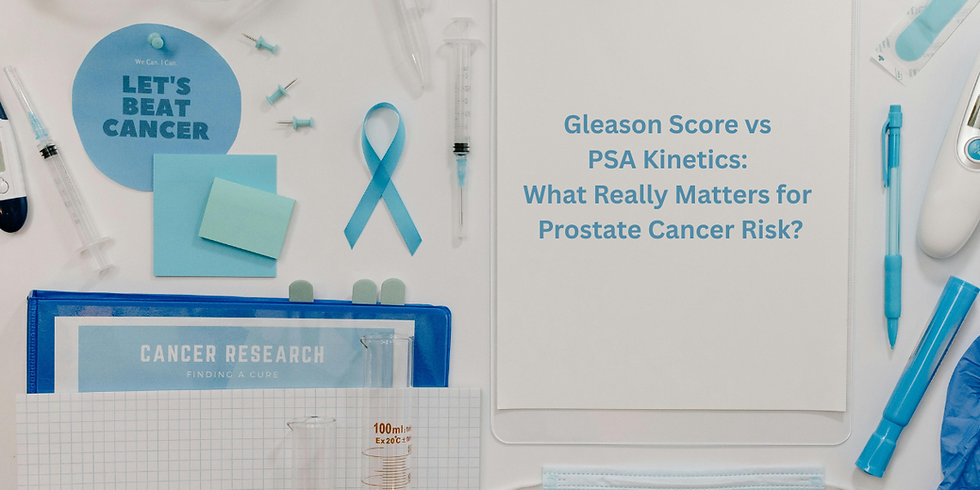The Top Reasons Behind the Rise of Heart Attacks Among Young Adults
- Healthcare Tips

- Jun 11, 2024
- 3 min read

In recent years, there has been a concerning increase in the number of heart attacks among young adults. This trend is alarming, as heart attacks have traditionally been associated with older individuals. Understanding the factors contributing to this rise is essential for prevention and improving cardiovascular health in younger populations. This article delves into the reasons behind the increasing incidence of heart attacks among young adults. It explores preventative measures, including the role of medications like Cilnix 10mg Tablet in managing heart disease and hypertension.
8 Changing Lifestyle Patterns That Contribute To Heart Attack Risks
Sedentary Lifestyle
One of the primary reasons for the rise in heart attacks among young adults is the prevalence of sedentary lifestyles. With the advent of technology and increased screen time, many young people spend prolonged periods sitting, whether at work, school, or home. Lack of physical activity can lead to obesity, high blood pressure, and increased cholesterol levels, all of which are risk factors for heart disease.
Poor Dietary Habits
Another significant factor is the consumption of unhealthy foods high in saturated fats, trans fats, sugar, and sodium. Fast food, sugary drinks, and processed snacks are staples in the diets of many young adults, contributing to obesity and metabolic disorders. These dietary choices can lead to plaque buildup in the arteries, increasing the risk of heart attacks.
Stress and Mental Health
Young adults today face immense pressure related to education, careers, and social expectations. Chronic stress can negatively impact heart health by increasing blood pressure, heart rate, and cortisol levels, which contribute to the development of cardiovascular disease.
Mental Health Issues
Mental health conditions such as depression and anxiety are prevalent among young adults and are linked to an increased risk of heart disease. These conditions can lead to unhealthy behaviours like smoking, poor diet, and lack of exercise, further exacerbating heart health risks.
Substance Use
Despite public health campaigns, smoking remains a common habit among young adults. Smoking damages the blood vessels, raises blood pressure, and reduces oxygen flow to the heart, significantly increasing the risk of heart attacks.
Alcohol and Drug Use
Excessive alcohol consumption and the use of recreational drugs, including stimulants like cocaine and amphetamines, can have severe cardiovascular effects. These substances can elevate blood pressure, cause irregular heartbeats, and lead to heart attacks.
Genetic Predisposition
Genetics play a crucial role in the development of heart disease. Individuals with a family history of heart disease are at a higher risk of experiencing heart attacks at a younger age. Genetic factors can influence cholesterol levels, blood pressure, and the propensity for plaque buildup in the arteries.
Inherited Conditions
Certain inherited conditions, such as familial hypercholesterolemia, can cause dangerously high cholesterol levels from a young age, significantly increasing the risk of heart disease and heart attacks.
What Are Preventative Measures Young Adults Should Follow?
Adopting a Healthy Lifestyle
Making lifestyle changes is crucial for reducing the risk of heart attacks. Regular physical activity, such as brisk walking, running, or strength training, can improve cardiovascular health. A balanced diet rich in fruits, vegetables, whole grains, lean proteins, and healthy fats can help maintain a healthy weight and reduce cholesterol levels.
Stress Management
Practicing stress management techniques, such as mindfulness, meditation, yoga, and deep breathing exercises, can help lower stress levels and improve heart health. Seeking professional help for mental health issues is also important for managing stress and reducing heart disease risk.
Avoiding Harmful Substances
Quitting smoking and limiting alcohol consumption are critical steps in preventing heart disease. Avoiding recreational drugs and seeking help for substance abuse can significantly reduce cardiovascular risks.
The Role of Medications In Stopping Young Age Heart Attacks
Heart Disease Medications
For individuals at high risk of heart attacks, medications may be necessary to manage underlying conditions. Medications like Cilnix 10mg Tablet can help control hypertension, a major risk factor for heart attacks. These medications work by relaxing blood vessels, reducing blood pressure, and easing the heart's workload.
Cholesterol-Lowering Drugs
Statins and other cholesterol-lowering medications can help reduce plaque buildup in the arteries, decreasing the risk of heart attacks. These medications are often prescribed to individuals with high cholesterol levels or a family history of heart disease.
Antiplatelet drugs, such as aspirin and anticoagulants, can prevent blood clots from forming, reducing the risk of heart attacks. These medications are especially important for individuals who have already experienced a heart attack or have conditions that increase clotting risk.



Comments